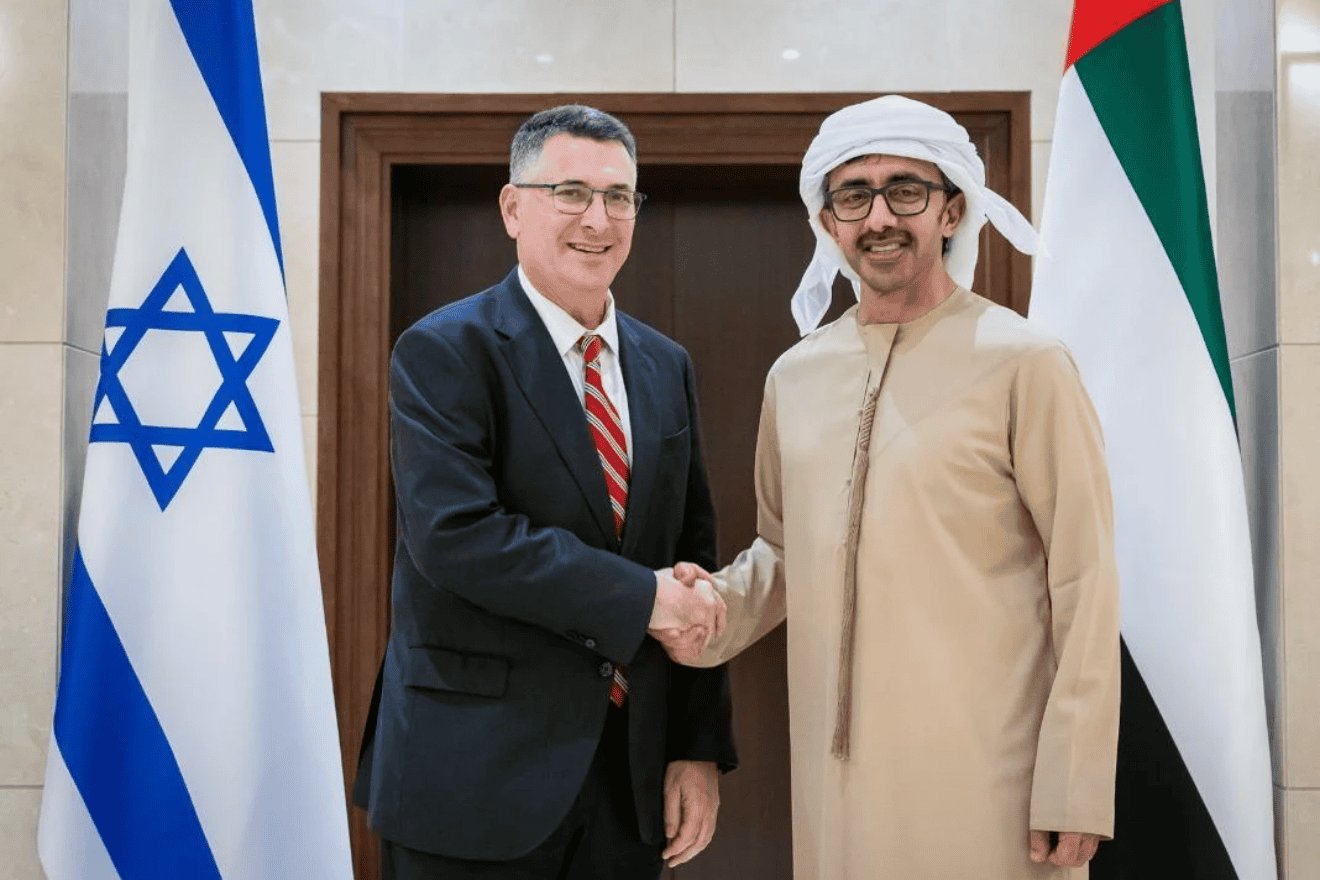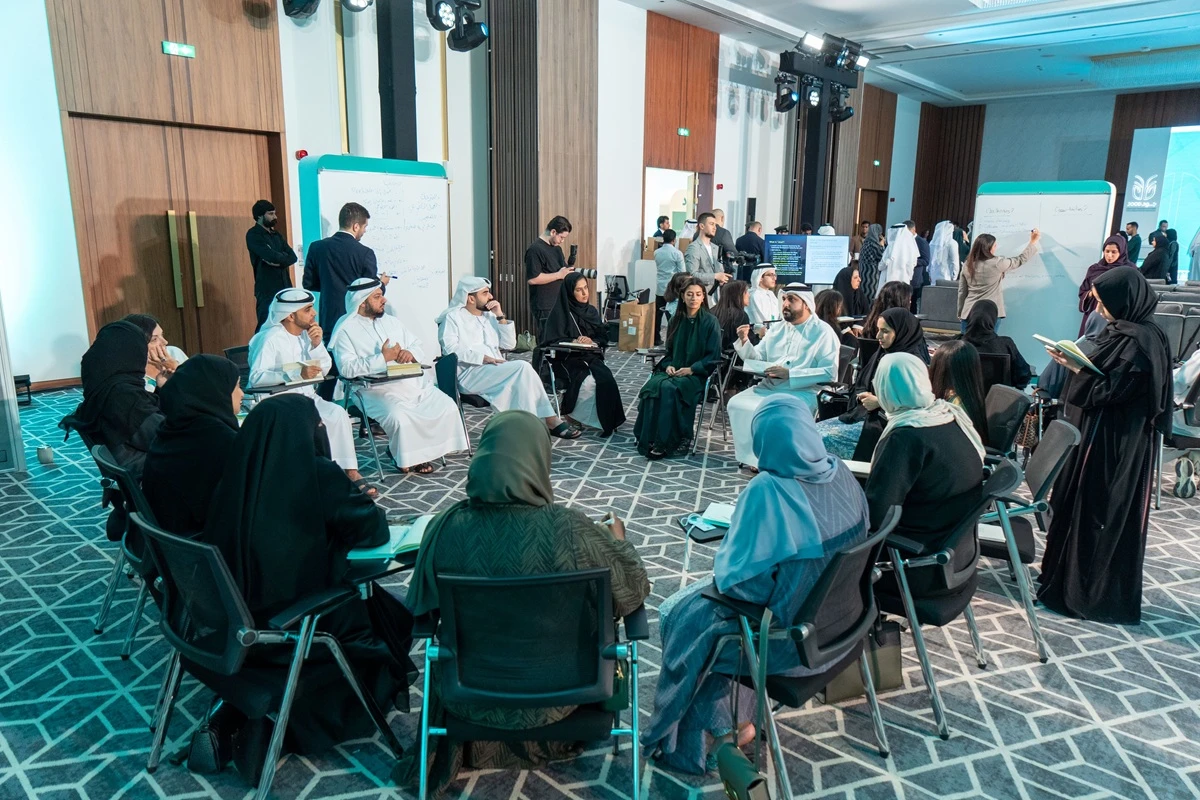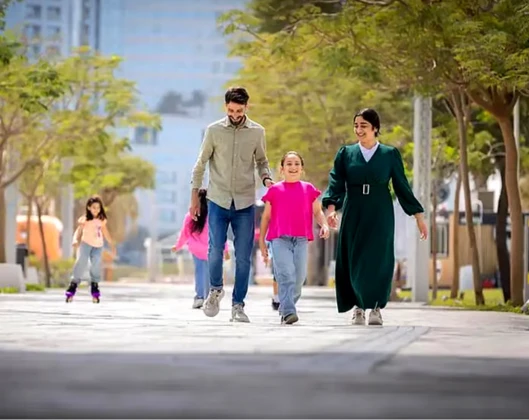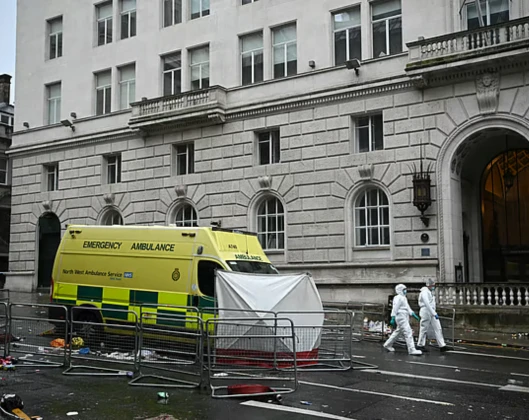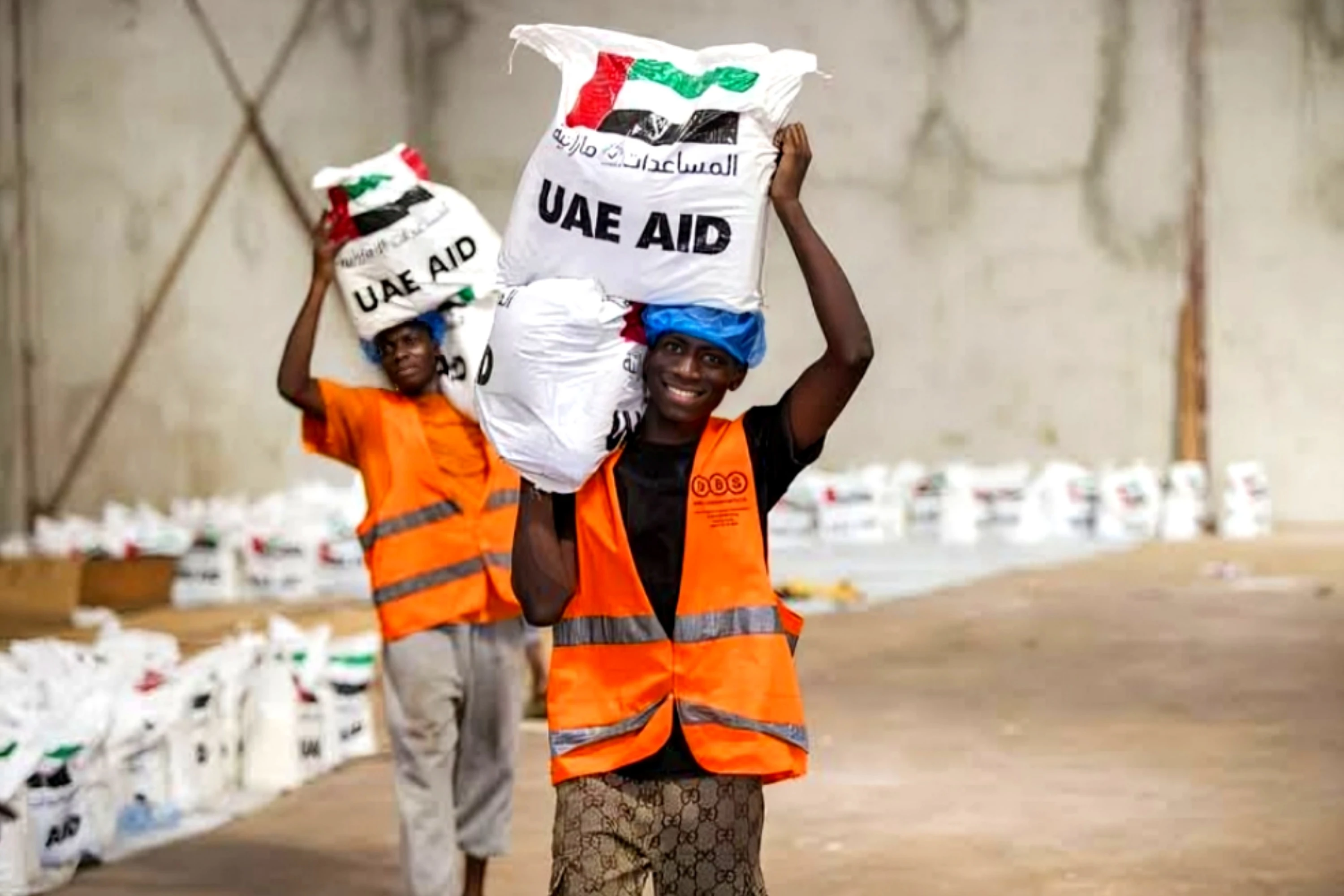Abu Dhabi: The UAE’s foreign minister, Sheikh Abdullah bin Zayed Al Nahyan, met with Israel’s Foreign Minister Gideon Saar in Abu Dhabi on April 7, 2025, to press for an immediate ceasefire in the Gaza conflict and to address the worsening humanitarian crisis in the Gaza Strip.
The meeting was attended by other key UAE officials, including Saeed Mubarak Al-Hajeri and Mohamed Mahmoud Al-Khaja, emphasizing the high-level commitment of the UAE to the issue. The discussions came at a time when the violence in Gaza continues to escalate, resulting in significant civilian casualties and extensive destruction.
The meeting focused on the urgent need to halt the ongoing military offensive in Gaza, which has led to a dire humanitarian situation with over 1,330 reported deaths in the territory since the renewed offensive began last month.
Sheikh Abdullah stressed the importance of working towards a ceasefire, the release of hostages, and the prevention of further escalation of violence in the region. His call for these measures is set against the backdrop of an increasingly volatile conflict, where international pressure is mounting for a peaceful resolution.
Additional details from the UAE foreign ministry statement revealed that Sheikh Abdullah reiterated the necessity of resuming serious political negotiations aimed at achieving a comprehensive peace based on a two-state solution.
He reaffirmed the UAE’s longstanding support for the Palestinian people and their right to self-determination, a position that has been central to the UAE’s policy since the establishment of relations with Israel under the Abraham Accords in 2020. This stance underlines the UAE’s dual approach of engaging in dialogue with Israel while advocating for Palestinian rights.
The meeting also occurred in a context of limited bilateral engagement since the onset of the Gaza war in October 2023, following the Hamas attacks on Israel. The renewed discussions are a rare instance of direct diplomatic contact, occurring as Israel continues its military campaign in Gaza, which has resulted in substantial civilian casualties and widespread destruction of homes and infrastructure. The conversation between the two foreign ministers highlights the region’s complex geopolitical dynamics and the urgent need for de-escalation.
The background of this story reflects the ongoing regional instability fueled by the conflict in Gaza, where relentless military actions have deepened the humanitarian crisis. Sheikh Abdullah’s emphasis on ending extremism, reducing tensions, and promoting dialogue is a clear signal of the UAE’s commitment to advancing a peaceful resolution while protecting the rights and welfare of the Palestinian people amid a protracted and brutal conflict.


